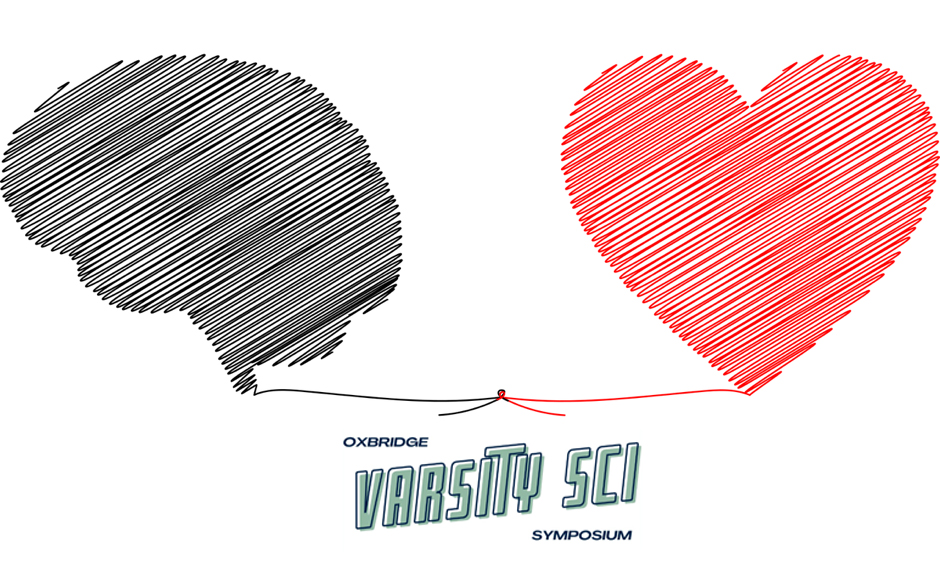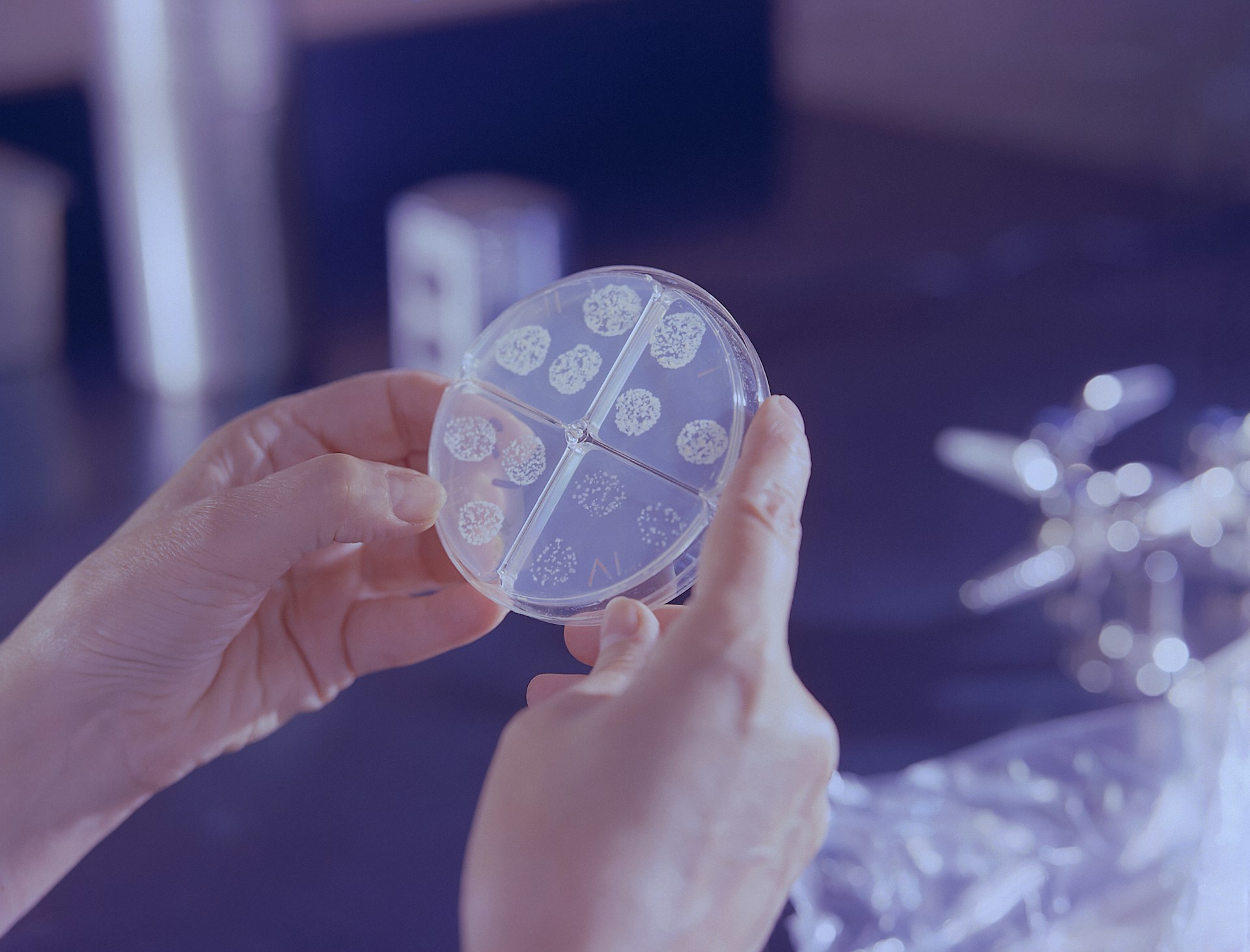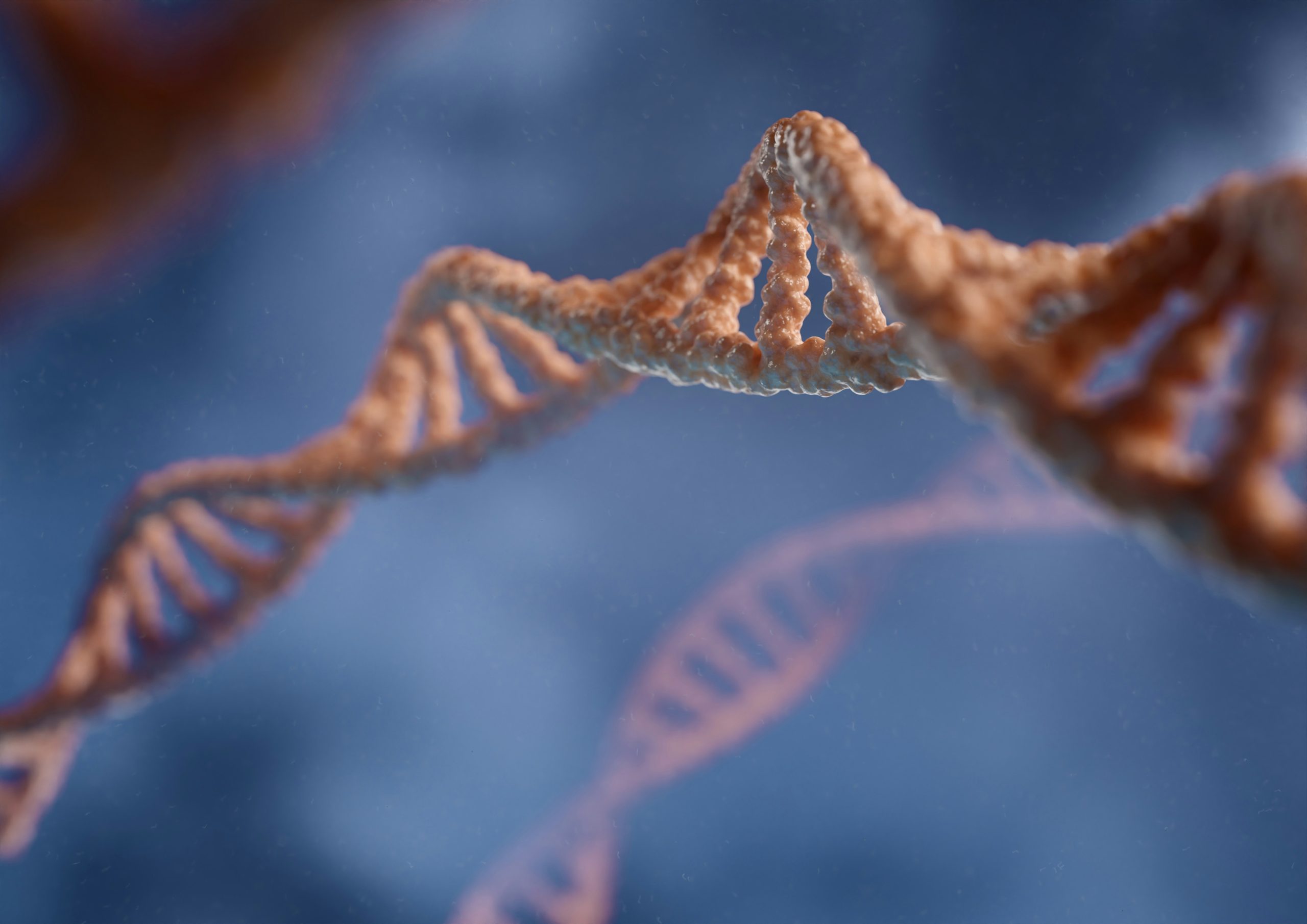Talk summary by Barbara Walkowiak
Current diagnostic criteria that guide doctors through the complexities of the human body may often feel like checklists. If a doctor can tick enough boxes for the patient, the diagnosis is straightforward. For example, a patient may experience low mood persisting for longer than two weeks, trouble sleeping, weight imbalance despite not being on a diet, and lack of pleasure in things they previously liked. According to the criteria, it means they have depression. The shortcomings of this approach are that it focuses only on symptoms and largely ignores piles of research linking depression to imbalances in our microbiome, i.e the microorganisms living in our body, or to an altered functioning of the immune system.
In her powerful talk, Alessa Weiler, a Cambridge Natural Sciences student planning on going into medicine, used her unique perspective to dissect the flaws of the current diagnostic criteria.
Animal studies have shown that microbes can have a direct impact on animal behaviour. These microbes can be bacteria, viruses or protists that live inside animals’ bodies, either as malicious parasites or as benevolent helpers in a mutually beneficial relationship with their host. One of the more extreme examples is Toxoplasma gondii, a parasite that infects many birds and mammals, including a third of the human population worldwide, as well as rodents and cats. If T. gondii infects a rat, it changes its behaviour and makes it seek cats – something that a rat, as we all know from watching Tom & Jerry, would normally never do! This is, of course, beneficial for T. gondii – if a rat gets eaten, the cat becomes the parasite’s new host. But it is also a powerful depiction of how a tiny microbe can make animals go against behaviour acquired throughout the long years of their evolution.
Could such a tiny, unicellular microbe tweak our behaviour, as well? As Alessa pointed out in her talk, it does not seem entirely unfeasible. Studies have shown that toxoplasmosis, the infection with T. gondii, is linked to a different response to cat odour. Research indicates that men infected with Toxoplasma find cat odour more pleasant than those who are not, while in women, the trend is reversed. An increase in the risk of developing schizophrenia is also suspected upon infection, as schizophrenia patients are more likely to have suffered toxoplasmosis than the general population.
If only one such organism can have such a profound impact on our behaviour, it appears likely that the two kilograms of microbes living in our gut also play a part. Indeed, research into the gut microbiome and its role in human behaviour has flourished in recent years, revealing links to autism spectrum disorder, anxiety, depression and schizophrenia. Patients suffering from these diseases appear to have dysbiosis — an altered profile of the microbes in their gut.
“…research into the gut microbiome and its role in human behaviour has flourished in recent years, revealing links to autism spectrum disorder, anxiety, depression and schizophrenia.”
We shouldn’t be ignoring the links uncovered by years of research, and instead account for changes in how other body systems work in patients with such disorders. If your gut microbes are in an impaired state, this may lead to more frequent infections and increased disease susceptibility. There is also a clear link between psychiatric disorders and the immune system. Patients with autism, anxiety, and major depressive disorder tend to have more frequent infections and elevated levels of cytokines—small proteins involved in signalling between cells.
Having clarified the connection between body and mind, Alessa then looked at the opportunities to improve treatments by making use of them. One example in which psychological support can have a significant impact on physical health are birth doulas, whose role is to accompany women in childbirth. They also offer support during experiences such as abortion or stillbirth, which can lead to significant psychological distress. Birth doulas improve their clients’ well-being and increase the ratio of vaginal to caesarean delivery, while decreasing the use of pain medication during labour.
Another example, albeit anecdotal, is provided by depression patients who were significantly helped by swimming in cold water. Although not likely to replace medication and behavioural therapy, some studies indicate that the stress response due to cold water immersion may release hormones responsible for making patients feel better. This example captures the connection between our physical and mental states.
How do we then implement the knowledge of the connection between body and mind into our diagnostic criteria? It appears that educating both doctors and patients may be the key to a better appreciation of the human body as a complex system and not a set of compartmentalized organs acting independently. Current textbooks that insist on dividing our organisms into systems you need to learn about in isolation often overlook the complexities of how everything in our body is interconnected —a notion that is key to understanding and treating disease.
This article reports the talk hosted by Alessa Weiler, a Cambridge Natural Sciences student planning on going into medicine, on the 23rd of September- Day 3 of the Oxbridge Varsity Sci Symposium 2020.





